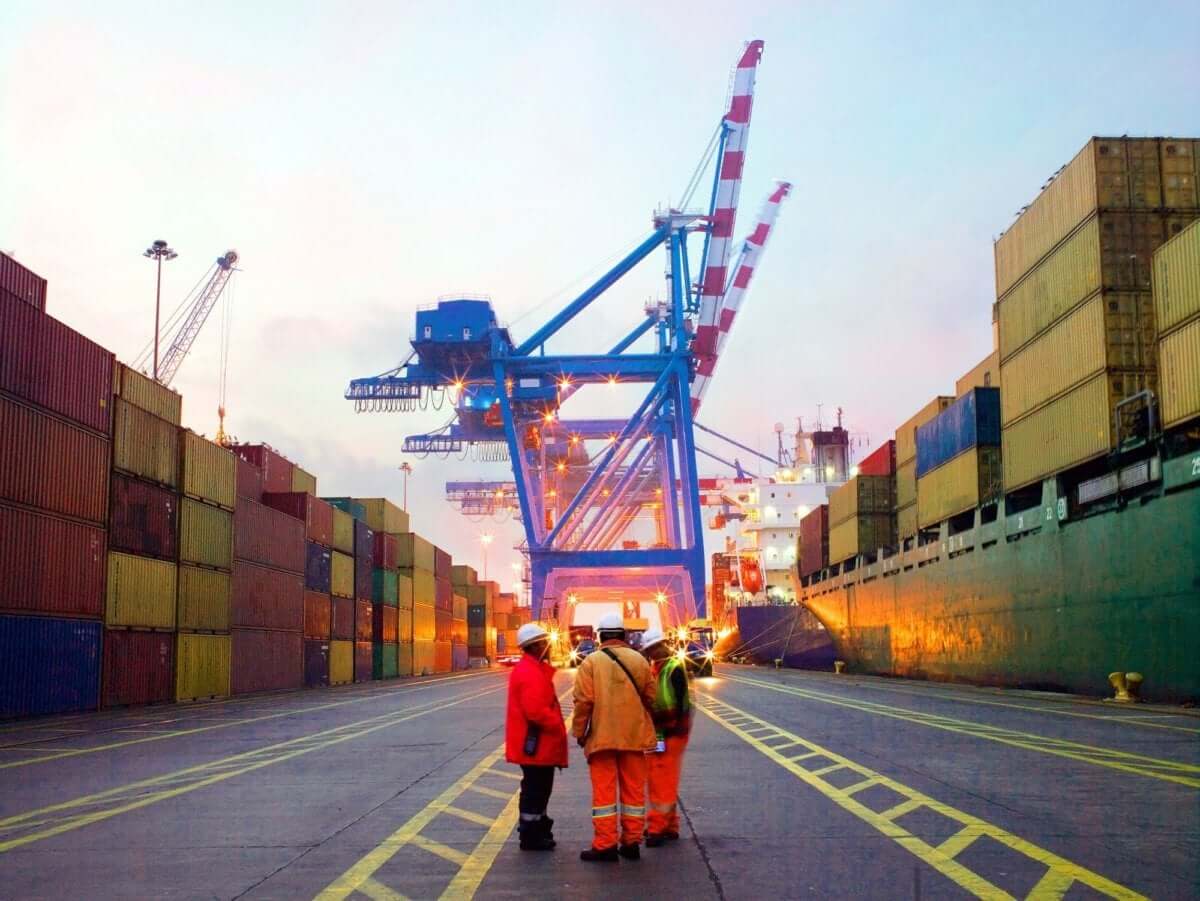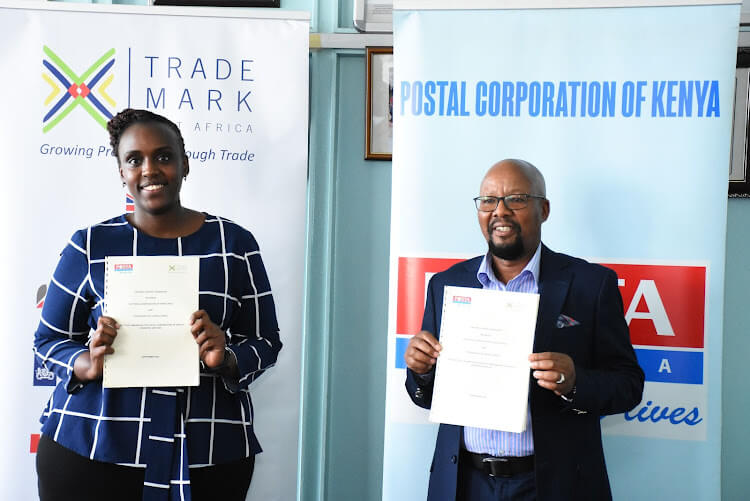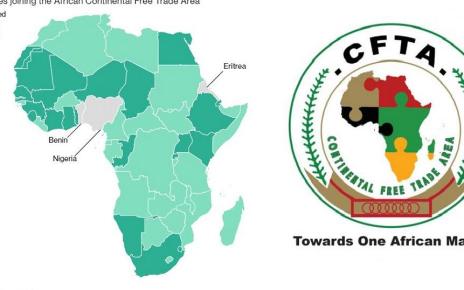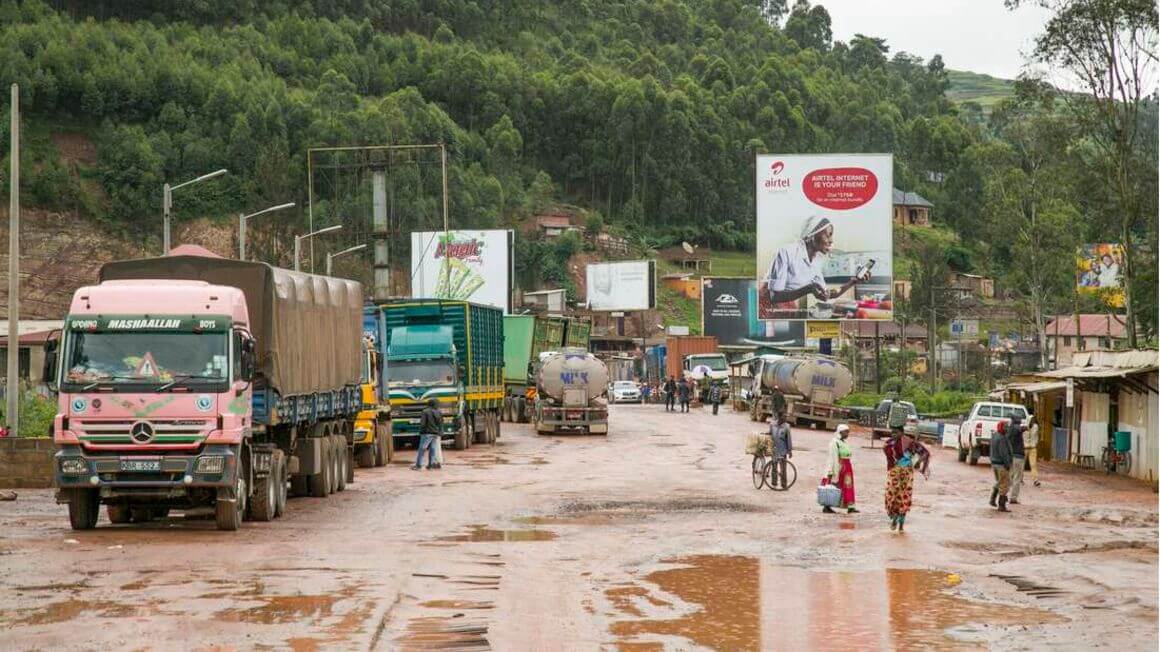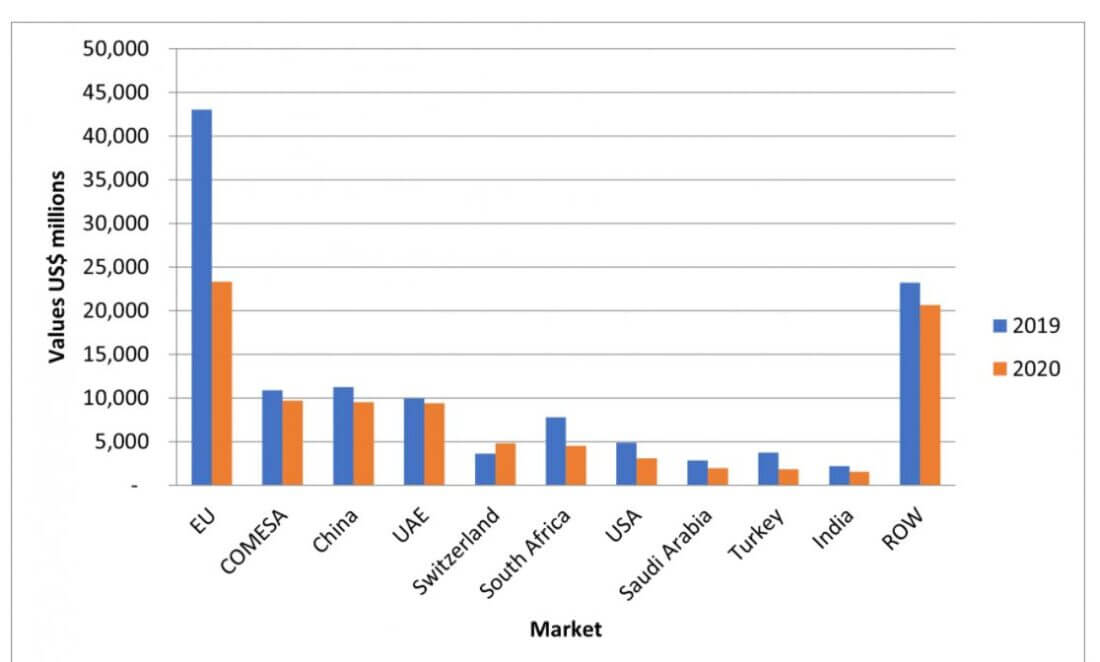The Africa Continental Free Trade Area (AfCFTA) is the largest free trading zone in the world in terms of the number of participating countries. Although governments and enterprises have been working to ensure smooth collaboration among countries and regions ever since AfCFTA commerce started in January this year, there is much work to be done on technology infrastructure to ensure the free trade area lives up to its promise of improving the economy of the 55 participating states. Cross-border payment platforms, telecommunications networks and internet access are ingredients needed to ensure the success of the trade area. “If inter-market connectivity, data access, and soft infrastructure are critical to the success of trade agreements, then, by addressing these issues early and head-on, the AfCFTA can gain much more traction than past trade agreements,” Wamkele Mene , secretary general of the African Continental Free Trade Area Secretariat, said in Foresight Africa 2021 report. Indeed, technology has taken over almost all facets of life and business, trade and enterprise have not been spared. The new way of doing business includes using several digital tools to ensure transparency, lower costs and make trade efficient. Technology has not advanced evenly throughout the continent, and lack of reliable ICT infrastructure in certain areas has the potential to strangle the progress of the new trade area. But if planning is done well by government and private enterprise stakeholders, the following communications and technology and communications systems will boost trade within the continent. Read original article
5 key ICT infrastructure challenges for Africa’s AfCFTA free trade zone
Posted on: November 4, 2021
Posted on: November 4, 2021

